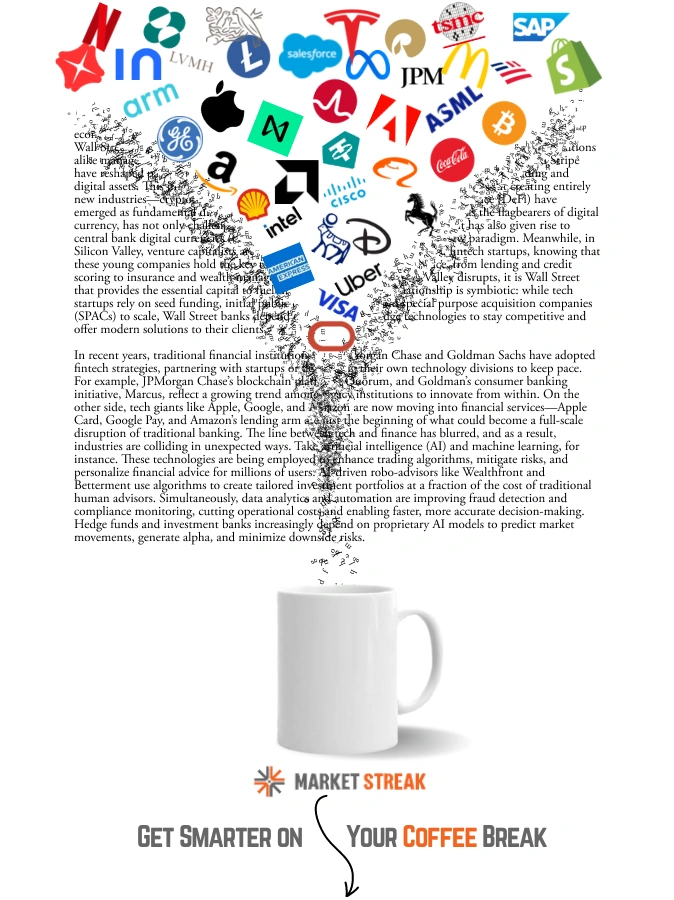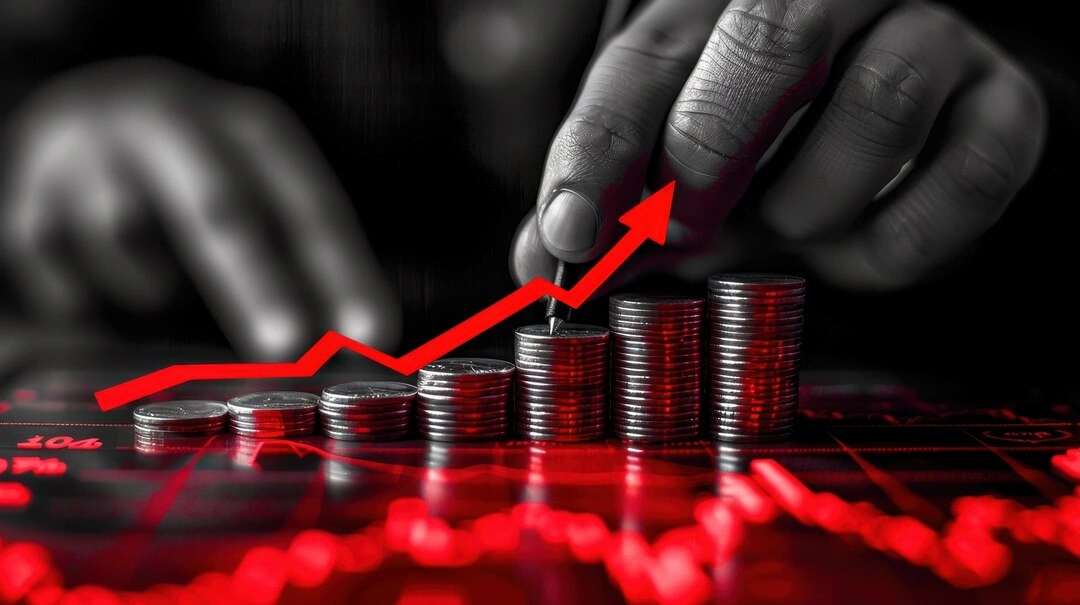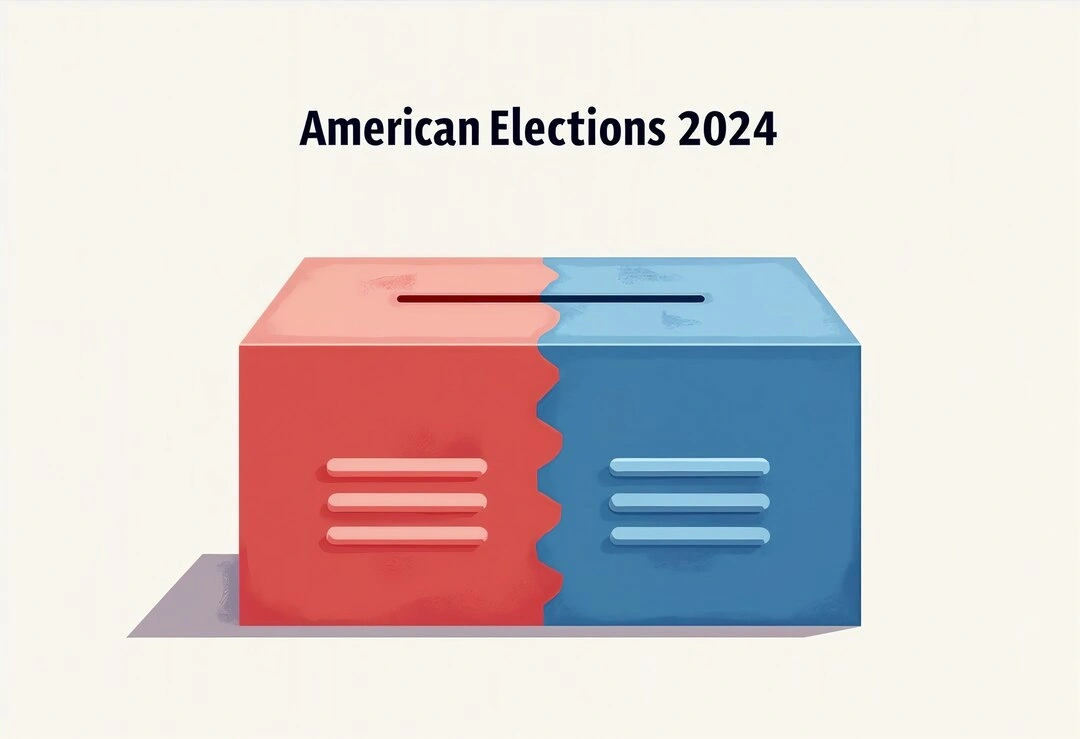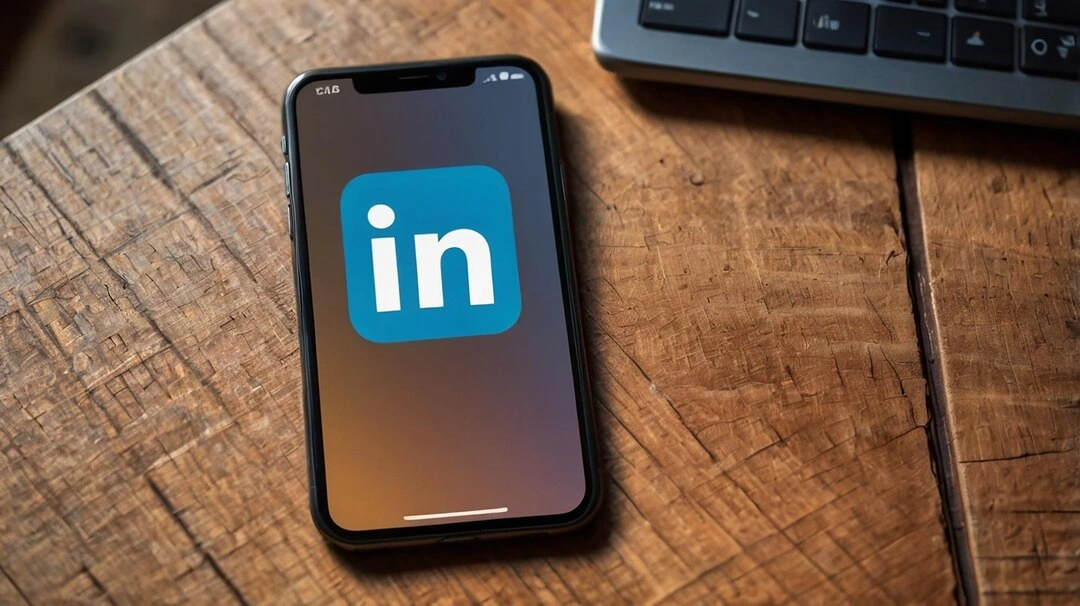productivity
stress management
election anxiety

productivity
stress management
election anxiety
The upcoming election is dominating headlines and conversations, leaving many feeling overwhelmed and struggling to concentrate on work. With polls showing a tight race between Vice President Kamala Harris and former President Donald Trump, the intense political climate is impacting the mental well-being of a significant portion of the population. This isn't just about politics; it's about the pervasive anxiety affecting our daily lives and productivity.
The Stress Factor: More Than Just an Election
A recent poll conducted by the American Psychological Association reveals the widespread impact of election-related stress. A staggering 77% of Americans report feeling stressed about the nation's future, with 69% specifically anxious about the upcoming election. Even more concerning, 72% worry about potential post-election violence, and a significant 56% believe the election could threaten American democracy. These aren't simply political opinions; they represent deeply held anxieties about the future and personal safety.
This isn't a "normal" election; the stakes feel incredibly high. Psychologist Thea Gallagher, a clinical associate professor at NYU Langone Health, explains, "People feel very strongly about their beliefs, what they want for this country, and how they want issues to be handled. Depending on who wins, it seems like issues will be handled very differently—that's a lot to process." This inherent uncertainty fuels the anxiety.
Psychologist Steven Stosny, founder of Compassion/Power, highlights the role of uncertainty in escalating stress. He coined the term "election stress disorder" (later broadened to "headline stress disorder") to describe the pervasive anxiety resulting from the constant barrage of news and conflicting information. He explains, "When we're focused on things we can't control or influence, we feel powerless and anxious. Anxiety is a general central nervous system response, not specific to what triggers it. It makes us perceive threats everywhere."
The negativity surrounding the election further exacerbates the problem. Dr. Gail Saltz, associate professor of psychiatry at the NewYork–Presbyterian Hospital Weill-Cornell School of Medicine, notes that political campaigns often exploit "catastrophic fears," suggesting that our way of life, rights, and safety are threatened. This constant bombardment of negative emotions is contagious, spreading through workplaces, families, and the media. Stosny observes that "Slurs and catchwords used by the candidates and their surrogates are also contagious. Whether we use them or just hear them repeatedly, they put us in a devalued state, making it likely that we'll recall only events that evoked negative feelings."
The cumulative effect of these factors—uncertainty, negativity, and fear—makes it nearly impossible for many to maintain focus at work. Dr. Saltz explains that anxious thoughts are intrusive and obsessive, constantly circling in our minds and crowding out other thoughts, including those related to our work tasks.
Strategies for Maintaining Focus at Work
Trying to simply ignore or suppress election-related stress is counterproductive. Dr. Saltz emphasizes that "The more you struggle to push out the disturbing thoughts—which is typically what people do—the more entrenched they tend to become." Instead, a balanced approach is necessary. Dr. Gallagher suggests setting aside specific times to read news from reputable sources, perhaps after work or on weekends. Once you've caught up, consciously move on to other things.
It is crucial to minimize exposure to election news during work hours. Turning off notifications and checking for updates only at designated times can significantly improve focus. Establishing clear boundaries regarding political discussions at work is equally important. It’s perfectly acceptable to politely state your preference to avoid political conversations in the workplace. This can significantly reduce workplace tension and enhance productivity.
When those intrusive election-related thoughts do pop up at work, Dr. Saltz recommends acknowledging them without engaging. Treat them as passing clouds: "Let the thought drift by, like a cloud," she says. "Don't engage with it, don't fight with it, just let it be."
Managing Election Stress Outside of Work
Addressing election stress outside of work is just as vital as managing it in the workplace. Relaxation techniques are crucial for calming both body and mind. Dr. Saltz recommends practices such as paced deep breathing, progressive muscle relaxation, aerobic exercise, warm baths, listening to relaxing music, or taking walks in nature. These techniques can significantly reduce overall anxiety levels, making it easier to concentrate on work.
Staying actively involved in other aspects of your life can provide a welcome distraction. Dr. Gallagher even suggests that volunteering for a political campaign you support can channel your energy and help you feel more in control.
For those feeling particularly overwhelmed by the uncertainty, Stosny recommends a proactive approach: consider the worst-case scenario and plan how you would cope. "Write down in longhand what worries you and how you will cope with it, should it occur," he says. "We almost always cope better than we think we will. Remind yourself of how you coped with unfortunate events in the past." This exercise can help reduce feelings of helplessness and empower you to face potential challenges.
Remember that while your feelings about the election are valid, it’s important to maintain balance. Stosny cautions, "You may regret letting anxiety inhibit your compassion and kindness toward loved ones." Prioritizing your relationships and well-being can provide a crucial counterpoint to the intense political climate.
In Conclusion:
The current political climate is undeniably stressful. The intense focus on the election, coupled with uncertainty and negative emotions, significantly impacts focus and productivity for many. However, by employing strategies to limit exposure to election news during work hours, establishing clear boundaries, practicing relaxation techniques, and proactively addressing anxieties, individuals can better manage their stress levels and regain their ability to focus on their work and personal lives. Remember that seeking support from friends, family, or mental health professionals is a sign of strength, not weakness. Navigating this period requires self-compassion and a conscious effort to maintain balance and well-being.
SHARE


news
30th October 2024

news
30th October 2024


news
30th October 2024

news
30th October 2024


news
30th October 2024


news
30th October 2024


news
30th October 2024